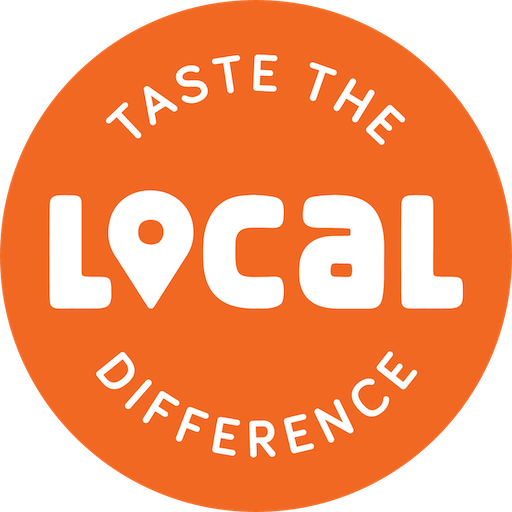Food can be confusing for anyone, but as a mom, it’s even more complicated. I’m constantly attempting to achieve balance between what’s healthiest for my family and what my boys are willing to eat, which changes often. And I don’t always succeed, despite good intentions. My oldest regularly requests mac and cheese, while the toddler rejects almost anything he doesn’t recognize. Meals in our house can be a struggle.
On top of that, it’s difficult to decipher today’s ambiguous food labels. For example, according to the Michigan State University (MSU) Food Literacy and Engagement Poll, 65 percent of Americans say they look for products labeled “natural” when grocery shopping. Yet, this term doesn’t actually tell us much about a product or its safety. Arsenic occurs naturally, but we certainly shouldn’t eat it. Unfortunately, marketers have recognized the general lack of understanding about food and we’re often paying more for labels that blur the line between information and advertising
Complicating food decisions further are a cornucopia of blogs, vlogs and celebrity-endorsed products focused more on tips for quick weight loss than fueling our health or working toward a more sustainable and just food system. Even as a food professional, I struggle making sense of all of the misinformation framed as “advice,” especially when trying to make informed decisions for my family.
I take comfort in recognizing that I’m not alone. While our society celebrates food culture, we have a lot of work to do toward connecting people and the agricultural practices that sustain us. Today, less than two percent of Americans live on farms as the population moves away from rural areas into the cities and suburbs, according to the American Farm Bureau. We are collectively more removed from agriculture than ever before and a whopping half the population say they never or rarely seek information about where their food was grown or how it was produced.

It’s time to change the conversation about what we eat, connect with our food and learn how it impacts our health and the planet. At Food@MSU at Michigan State University, we foster conversations between farmers, scientists, medical experts and communities. By understanding more about our food system, and each other, we will be able to make more informed choices for ourselves and for our loved ones.
Sheril Kirshenbaum is an academic specialist at Michigan State University, where she co-directs the MSU Food Literacy and Engagement Poll and is the moderator for Food@MSU’s Our Tableconversations. Find more information here.
